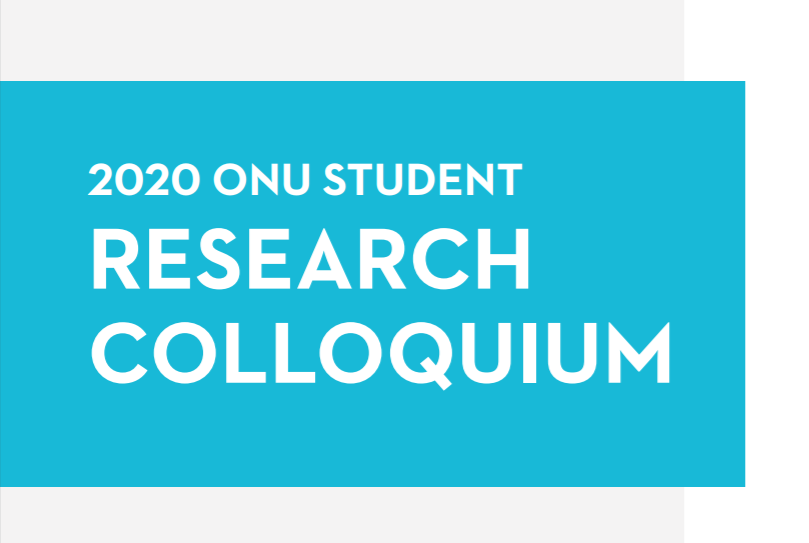Sponsor
Katherine Krynak, Ph. D
Ohio Northern University
Biological and Allied Health Sciences
k-krynak@onu.edu
Advisor(s)
Katherine Krynak, Ph. D
Ohio Northern University
Biological and Allied Health Sciences
k-krynak@onu.edu
Phillip R. Zoladz, Ph. D
Ohio Northern University
Psychology, Sociology, and Criminal Justice
p-zoladz@onu.edu
Document Type
Poster
Start Date
24-4-2020 9:00 AM
Abstract
Recent research has established a relationship between physiological responses to stress and the gut-associated microbiome and that changes in the makeup of the gut-microbiome may lead to anxiety-like symptomatology. However, work concerning how specific anxiety-related illnesses may influence the microbiome is limited. The purpose of this study was to observe changes in the gut-associated microbiome of Sprague-Dawley rats with induced post-traumatic stress disorder (PTSD)-like symptomatology. We hypothesized that exposure to stress would lead to a significant change in the composition of the gut-microbiome. Male rats were exposed to a well-verified 31-day PTSD paradigm consisting of two exposures to a cat, separated by 10 days, and daily social instability. All rats underwent behavioral testing to assess anxiety-like behavior. DNA was extracted from fecal samples, polymerase chain reaction (PCR) was used to amplify the 16S rRNA gene region of bacterial DNA, and terminal fragment length polymorphism (TRFLP) analysis was used to assess differences in gut-microbiome composition across treatments. Stress increased anxiety-like behavior on the elevated plus maze (EPM), increased startle response, and decreased rearing behavior in the open field. PERMANOVA results suggest significant main and interactive effects of stress group and fecal sample collection timepoint on gut-microbiota composition.
Recommended Citation
Smith, Ian F. and Kasler, Charis D., "Changes in the Gut-Associated Microbiome as a Result of Exposure to a Predator-Based Psychosocial Stress Model of PTSD" (2020). ONU Student Research Colloquium. 10.
https://digitalcommons.onu.edu/student_research_colloquium/2020/posters/10
Restricted
Available to ONU community via local IP address and ONU login.
Changes in the Gut-Associated Microbiome as a Result of Exposure to a Predator-Based Psychosocial Stress Model of PTSD
Recent research has established a relationship between physiological responses to stress and the gut-associated microbiome and that changes in the makeup of the gut-microbiome may lead to anxiety-like symptomatology. However, work concerning how specific anxiety-related illnesses may influence the microbiome is limited. The purpose of this study was to observe changes in the gut-associated microbiome of Sprague-Dawley rats with induced post-traumatic stress disorder (PTSD)-like symptomatology. We hypothesized that exposure to stress would lead to a significant change in the composition of the gut-microbiome. Male rats were exposed to a well-verified 31-day PTSD paradigm consisting of two exposures to a cat, separated by 10 days, and daily social instability. All rats underwent behavioral testing to assess anxiety-like behavior. DNA was extracted from fecal samples, polymerase chain reaction (PCR) was used to amplify the 16S rRNA gene region of bacterial DNA, and terminal fragment length polymorphism (TRFLP) analysis was used to assess differences in gut-microbiome composition across treatments. Stress increased anxiety-like behavior on the elevated plus maze (EPM), increased startle response, and decreased rearing behavior in the open field. PERMANOVA results suggest significant main and interactive effects of stress group and fecal sample collection timepoint on gut-microbiota composition.

